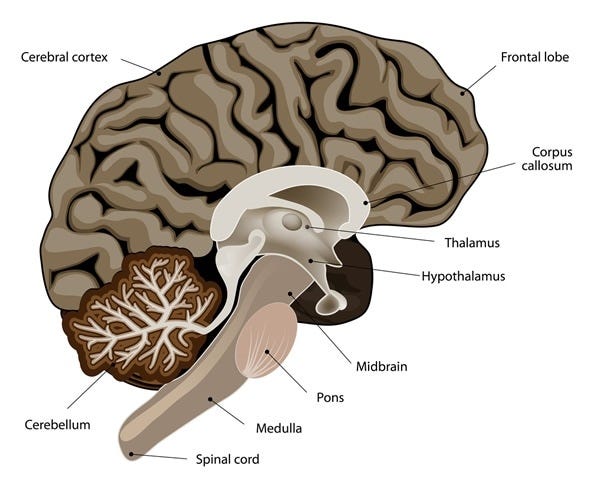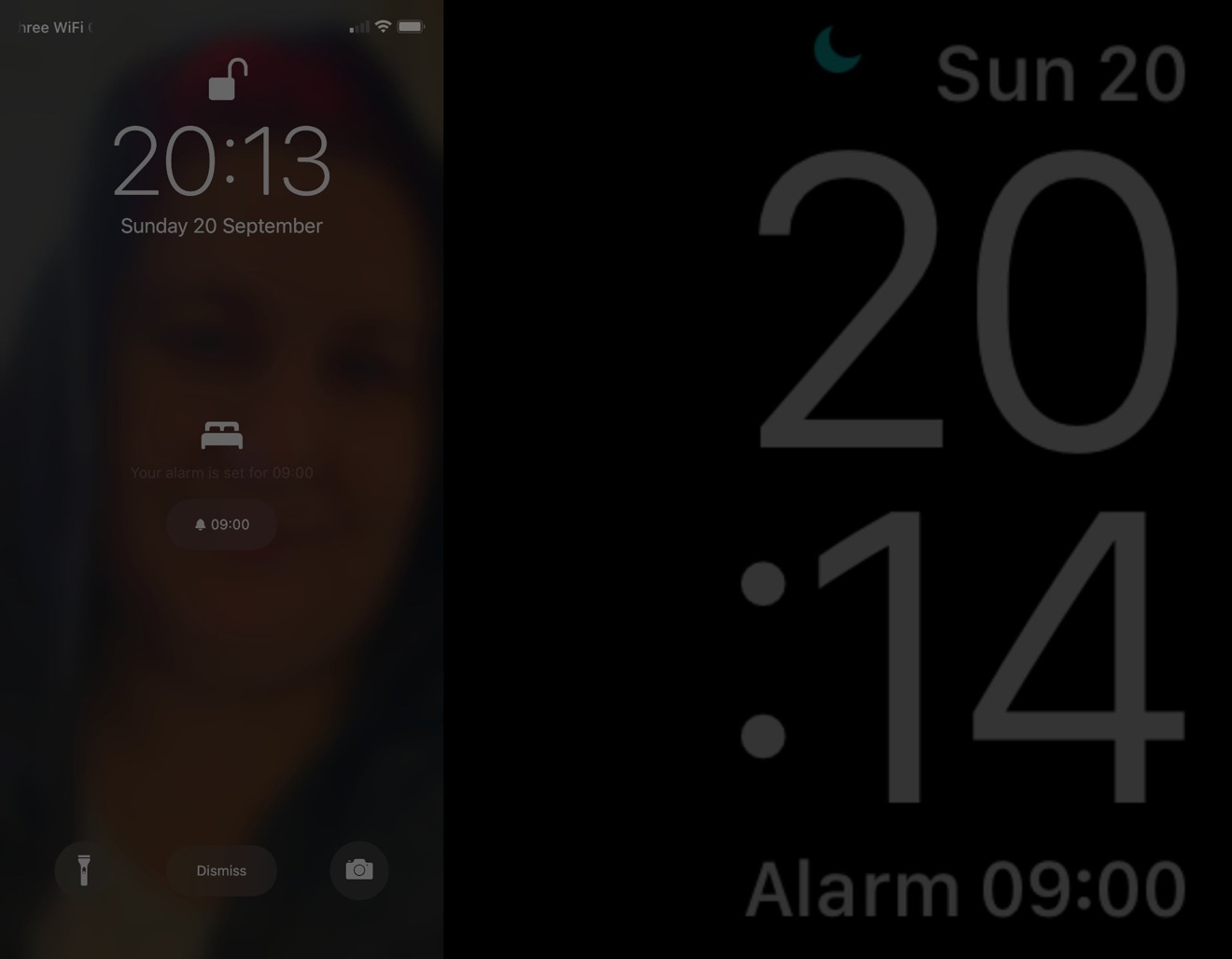My Windows 10 PC will enter sleep mode regardless of the power settings. I have set it to never sleep. After a reboot, it stays awake for quite a while, up to several hours, but then it will go to sleep. After it has gone to sleep the first time it will do it more and more often, and after a while it stays awake only 2-3 minutes when idle. Your health care provider may recommend a polysomnogram or other test to diagnose a sleep disorder. A polysomnogram typically involves spending the night at a sleep lab or sleep center. It records your breathing, oxygen levels, eye and limb movements. Research Highlights Novel mechanism of sleep-wake control. PI/Investigator: Nebojsa Kezunovic, graduate student; E. Garcia-Rill, COBRE PI. Institution: Center for Translational Neuroscience (COBRE), Department of Neurobiology and Developmental Sciences, University of Arkansas for Medical Sciences, Little Rock, AR Background: When we are awake with our eyes closed, electrodes on the scalp. A single control center for sleep and wake in the brain Until now, it was thought that multiple brain areas were needed to control sleep and wakefulness. Neuroscientists from Bern have now identified one single control center for the sleep-wake cycle in the brain. The findings are of great importance for finding new sleep therapies.
UPMC Sleep Medicine providers offer expert diagnosis, treatment, and management for neurologic, movement, and breathing disorders that affect your sleep quality.
Why Choose UPMC for Your Sleep Medicine Needs?


At UPMC, we recognize that sleep issues may be a result of many conditions. This is why our comprehensive program includes multi-specialty providers that work together to provide expert diagnosis, treatment, and management for disorders that affect your sleep. Our specialists will conduct a complete evaluation of your symptoms and, if necessary, refer you for a sleep study or additional specialty care to accurately diagnose your condition. If a sleep study is recommended, we will work with you to schedule it at one of our sleep centers located throughout central PA.
After you receive your diagnosis, our sleep specialists will provide personalized treatment using the latest therapies, medications, and technologies designed to help you get the rest you need.
Why Consider Seeing a Sleep Specialist?

If you have any of the following needs or issues you may consider seeing a sleep specialist for help:

- Recent Stroke
- Insomnia
- Excessive daytime sleepiness
- CDL licensing requirements
- Sleepwalking
- Pediatric sleep problems
- Restless legs
- Snoring
- Depression
- Heart Disease
Conditions We Treat
Our sleep medicine experts provide compassionate, personalized care for a full range of conditions that affect your ability to sleep, including:

- Central sleep apnea
- Circadian rhythm sleep disorders
- Hypersomnia
- Narcolepsy
- Non-24-hour sleep-wake disorder
- Obstructive sleep apnea
- Parasomnias
- Periodic limb movement disorder
- REM sleep behavior disorder
- Restless legs syndrome (RLS)
Procedures and Treatments
Our specialists provide individualized sleep medicine care using leading-edge technology and therapies, including:
Sleep Control Panel
- Sleep studies to evaluate how you sleep
- Electroencephalogram (EEG) to monitor electrical activity in your brain
- Medication or supplements
- Continuous positive airway pressure (CPAP) therapy
- Lifestyle and diet changes
Providers
Sleep Control Center In The Brain
- Francis J. Janton, MD
- John M. Levri, DO
- Binh Hoa Nguyen, MD
- Sam Al-Saadi, MD
- Tess Onink, PA-C
- Laura N. Knepp, CRNP
- Jill C. Faber, CRNP
Sleep Controls In Windows 10
Locations

